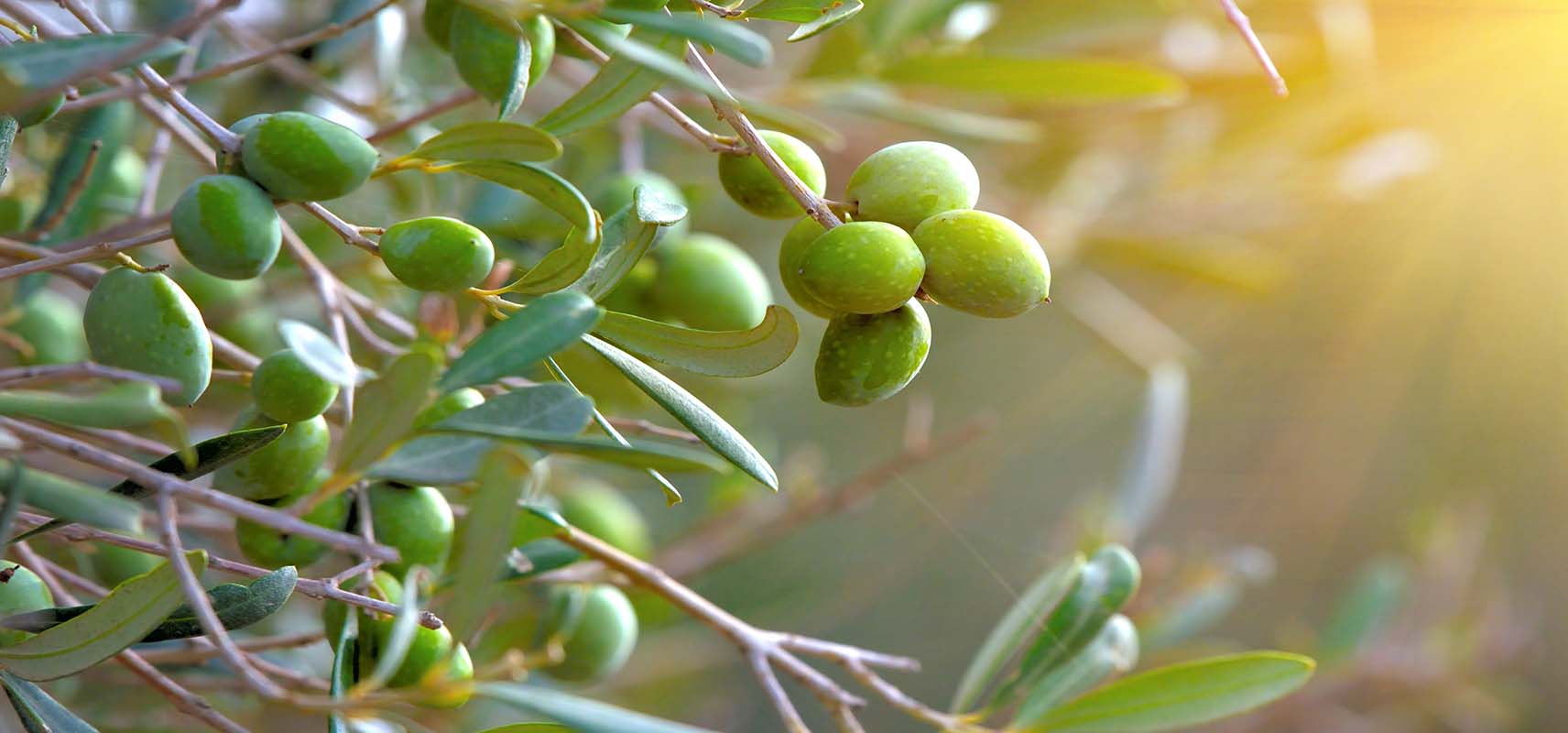HOW PROFITABLE IS OLIVE OIL FARMING?
- Jul 17, 2023
- 2 min read
- 0 comments

Olive oil farming can be a profitable venture, but several factors influence the profitability of the business. Here are some key points to consider when assessing the profitability of olive oil farming:
1. Market Demand: Olive oil has a strong and growing demand globally due to its health benefits and culinary versatility. The profitability of olive oil farming is directly linked to market demand and prices. It is crucial to research and analyze the market trends, both domestically and internationally, to ensure a stable and profitable market for your olive oil production.
2. Yield and Productivity: The yield and productivity of olive trees significantly impact profitability. Factors such as olive tree variety, age, pruning techniques, irrigation, and fertilization practices can affect the yield per hectare. High-quality agricultural practices, including proper care and maintenance of the olive orchard, can increase productivity and ultimately profitability.
3. Quality and Differentiation: Producing high-quality olive oil that meets consumer preferences and standards can command higher prices in the market. Investing in quality control measures, such as harvesting at the right time, proper storage and processing techniques, and obtaining relevant certifications, can help differentiate your olive oil and potentially increase profitability.
4. Farm Size and Scale: The size of the olive orchard and economies of scale play a role in profitability. Larger olive farms can benefit from reduced production costs, improved efficiency, and greater bargaining power in the market. However, small-scale olive oil producers can also succeed by focusing on niche markets, specialty products, or organic production.
5. Operational Costs: Consider the operational costs involved in olive oil farming, including land acquisition or lease, labor, irrigation systems, fertilizers, pest control, harvesting equipment, and processing facilities. Managing costs effectively is crucial for maintaining profitability. It is advisable to conduct a detailed financial analysis, including a comprehensive budget and cash flow projections, to assess the profitability potential of your olive oil farming venture.
6. Government Support and Incentives: Some governments provide subsidies, grants, or incentives for olive oil farming to support the agricultural sector. Research the specific support programs and policies in the region where you plan to establish your olive oil farm, as they can contribute to profitability.
7. Climate and Growing Conditions: Olive trees thrive in Mediterranean-type climates, characterized by mild winters, hot summers, and dry conditions. However, factors such as soil quality, water availability, and microclimates within the growing region can affect the success and profitability of olive oil farming. Conduct a thorough assessment of the climate and growing conditions to ensure they are suitable for olive cultivation.




